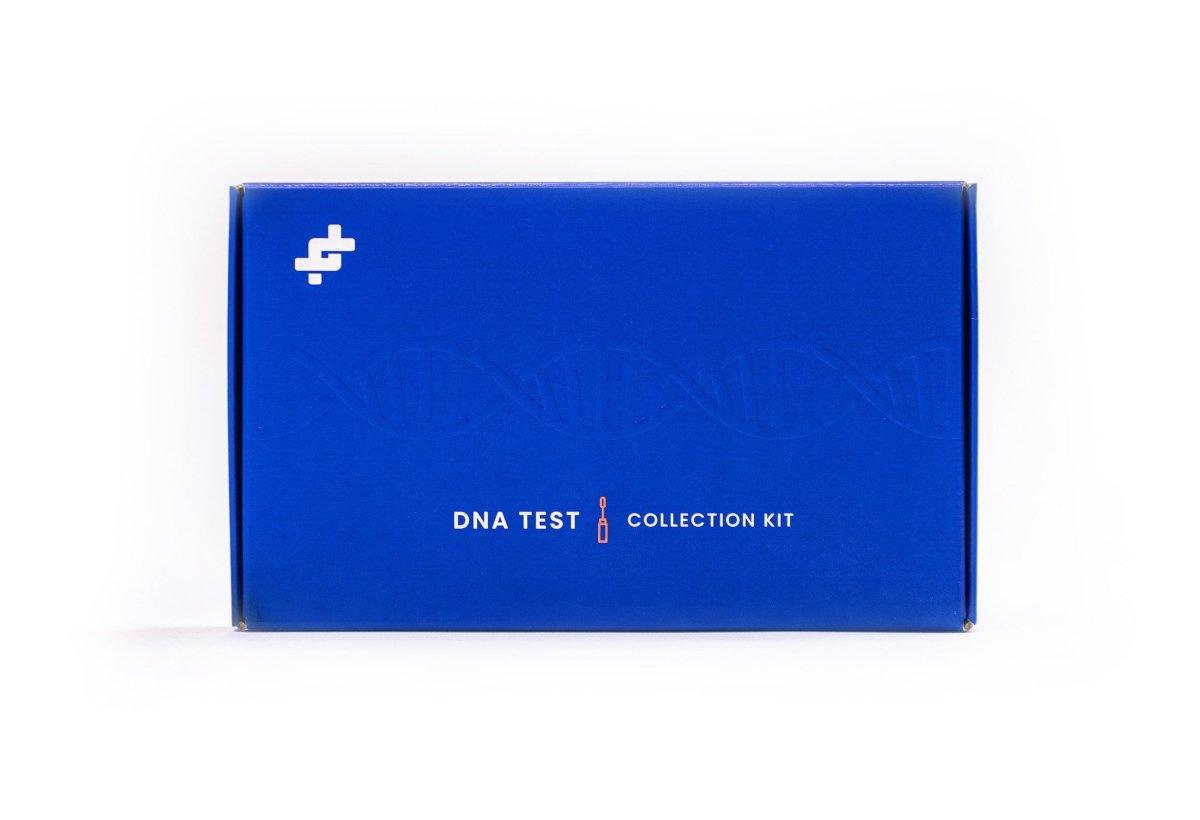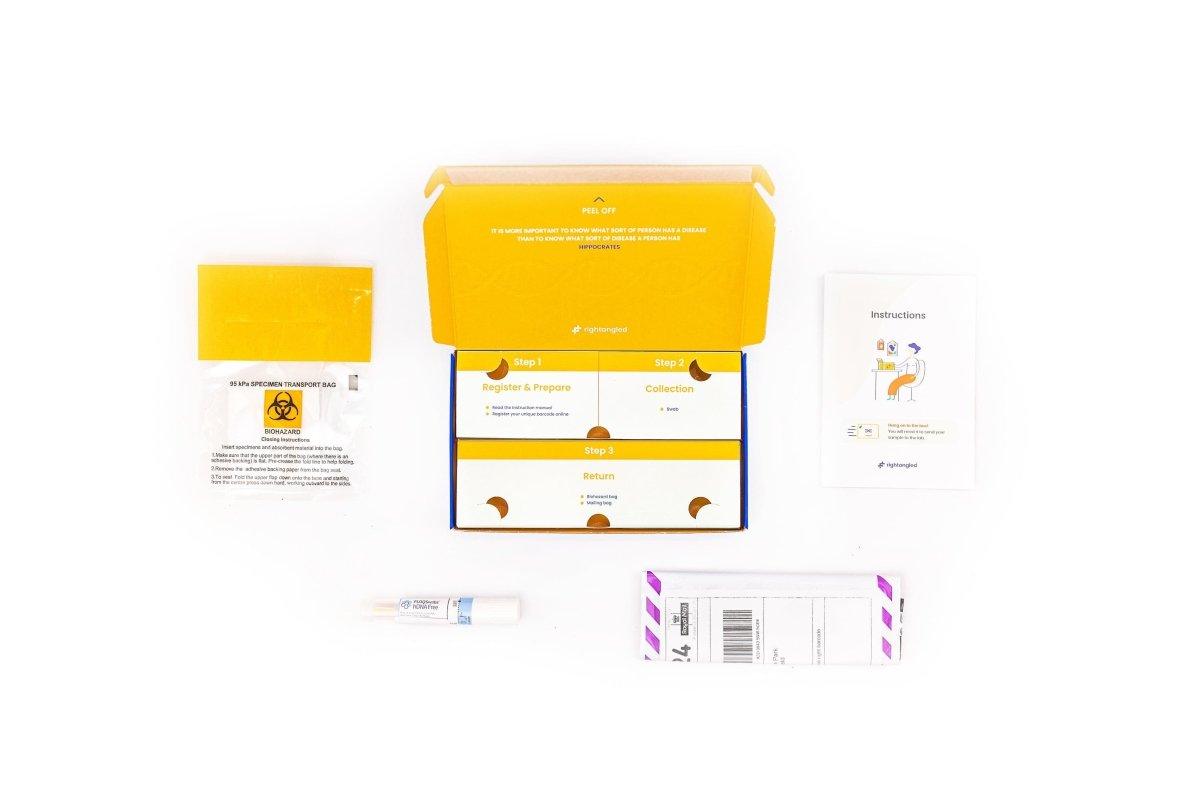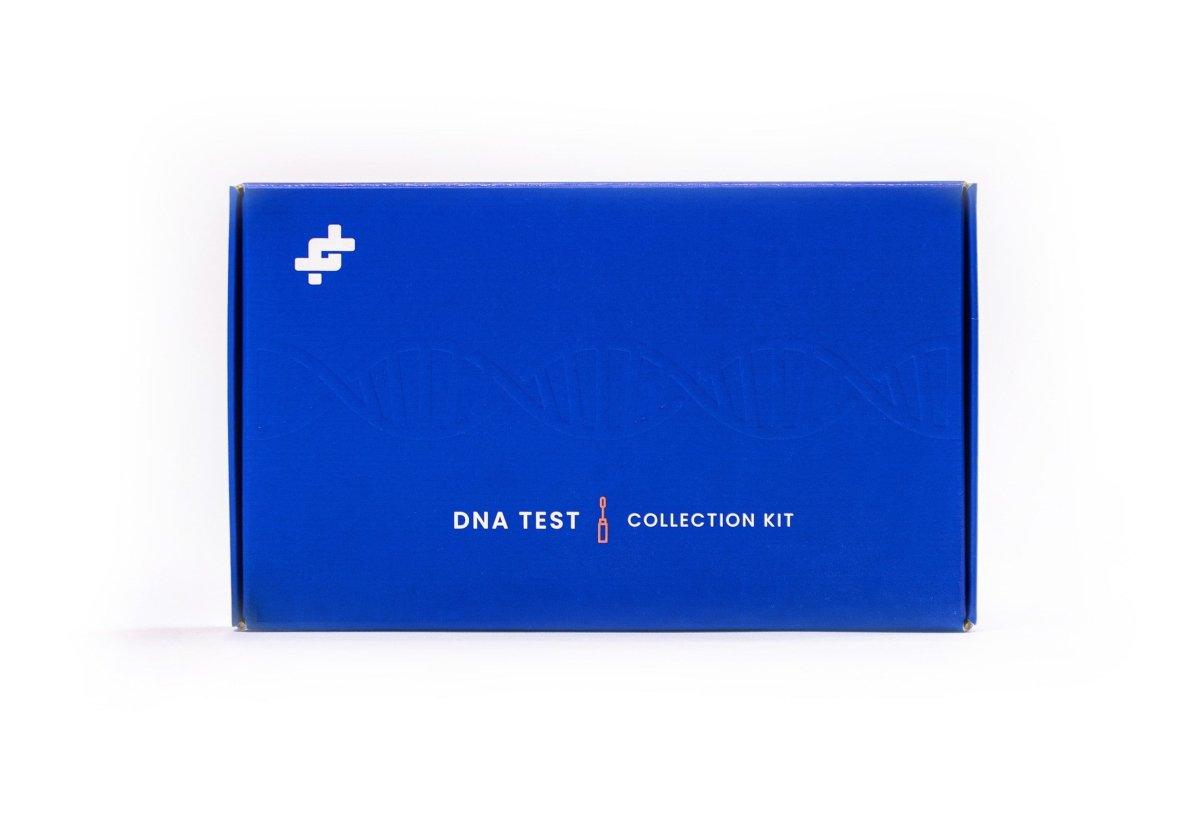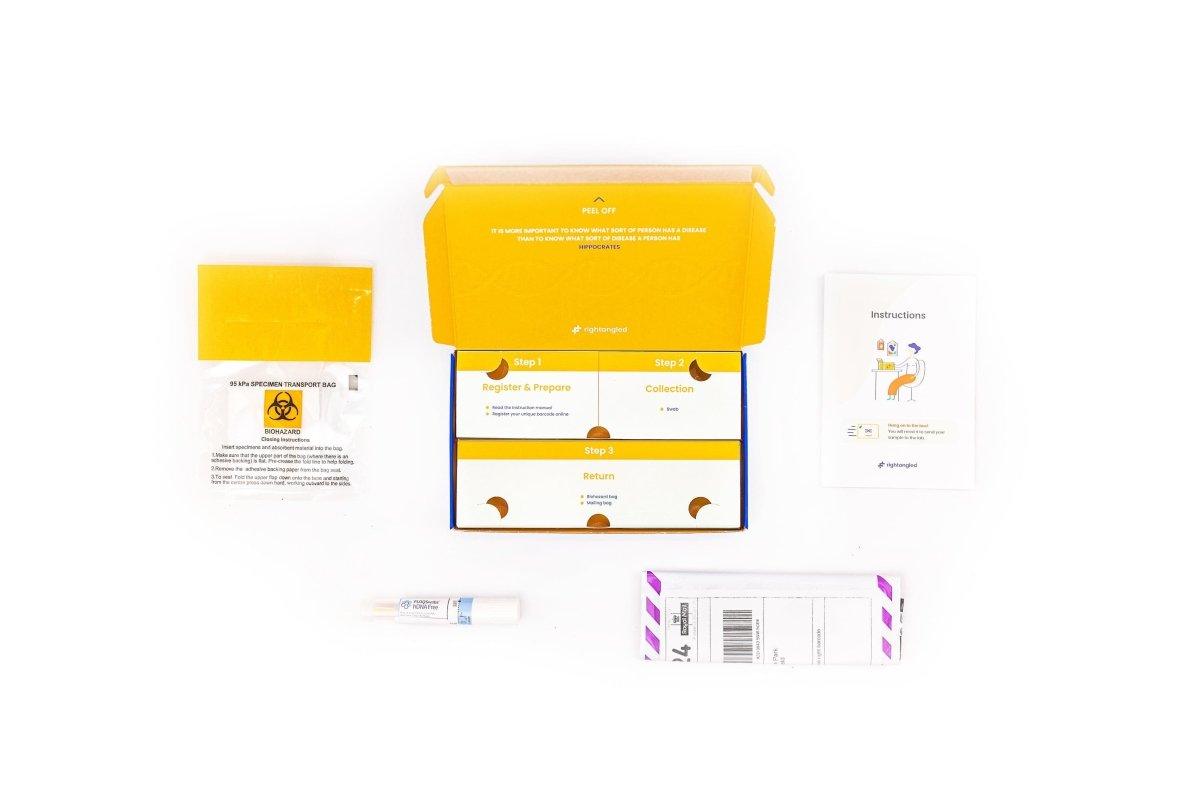


Testimonials
Nikki Gilbertson (GB)"Bought a Diet and nutrition kit, not sure what to expect. However, after receiving the detailed analysis of my swab I was able to make small changes to my diet. They also highlighted some vitamin deficiencies which I have acted on and feel so much better having done so. Well recommended."
David Bailey (GB)"Great service! So much information - has really helped me manage my diet and exercise."
Heath (GB)"Would recommend, had full works DNA tests, all reports very thorough. Found out I was Lactose intolerant. Now on Soya milk., have noticed improvements in first week."
Customer (GB)"The company delivers what it promises in a user-friendly way as well as providing the sources for the different medical statement it makes."
Mrs M. Kelham (GB)"I have had the results back a couple of days now, and the online site gives you the option to speak with a specialist regarding any areas of concern."
Diet & Nutrition DNA Test
1. Diet and Nutrition
2. Body & Weight Management
How it works
1. Order your kit
2. Send your sample
3. Download your reports
Pair text with an image to focus on your chosen product, collection, or blog post. Add details on availability, style, or even provide a review.



A DNA Test you can trust

Comprehensive overview of your genetically pre-disposed diet, nutrition & metabolism.
The most comprehensive DNA test, covering all things heart, blood, vessels, diet, exercise, sugar, diet sensitivities, intolerances and more!




Access the right type of knowledge
Our customer support is available 7 days a week via Livechat and email. In addition, we have a large list of articles to view and read on our knowledge hub.
FAQs
What's the purpose of this DNA test?
Can I speak with a qualified specialist after receiving my reports?





